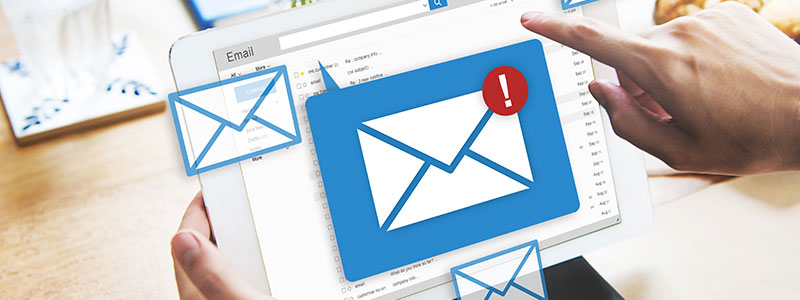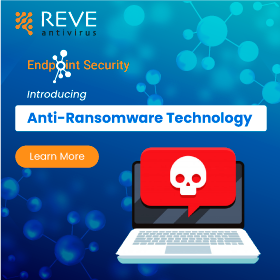
Having Internet at your access makes several things easier and is such a bliss. But, what if you are checking your email and suddenly a pop-up comes from PayPal informing that there is an issue with your account? Requests you to ‘Click here’ to verify your account? Further, in the rush to fix the issue, you click on the links and attachments, but end up with a phishing scam victim!
Well, Phishing emails are designed by the hackers to look like a legitimate one and direct the user to visit such websites where they ask for sensitive credentials such as username, password, account details, etc. Such fake websites capture and steal all your sensitive credentials and misuse them for their own benefit. We have found some ways to stop the phishing email scams from happening. Take a look!
Always check the sender’s name
Emails from unknown senders asking for some PIN or password can be a phishing scam. Any legitimate company doesn’t ask for your sensitive credentials over email because they already have information stored in their database. Therefore, beware of such bluffs.
Check for spelling mistakes
Legitimate messages usually are very particular about grammatical errors or spelling mistakes. Read all the emails very carefully before you take any action.
Never click on unknown or suspicious links
Including malicious attachments in emails is a common cyber attack tactic used by the Cyber crooks. Malware can harm your device, steal your sensitive credentials or can spy on you without acknowledging you.
Beware of threatening messages
Messages with “Your card has been blocked”, “Urgent action required” should be given careful consideration. One of the safest things is to contact your bank whether any information is required on not.
It is also recommended to install the best security antivirus. Security software provides an additional layer of security. It helps to detect and stop the malware from executing. Therefore, get the best security software installed on your device
Have a Safe Browsing Experience!
- RaaS : The Dark Side of SaaS
- Hackers Target MOVEit Transfer’s Zero-Day Vulnerability, Emergency Patch Deployed
- How Scammers Are Utilizing ChatGPT? Few Tips To Be Safe
- World Backup Day: Why Data Backups are Important in Cybersecurity
- What is Social Engineering and How Cyber Criminals Use It
- Things To Know About Personally Identifiable Information (PII)
- What is Data Breach? Why and How It occurs? How To Prevent Data Breach


